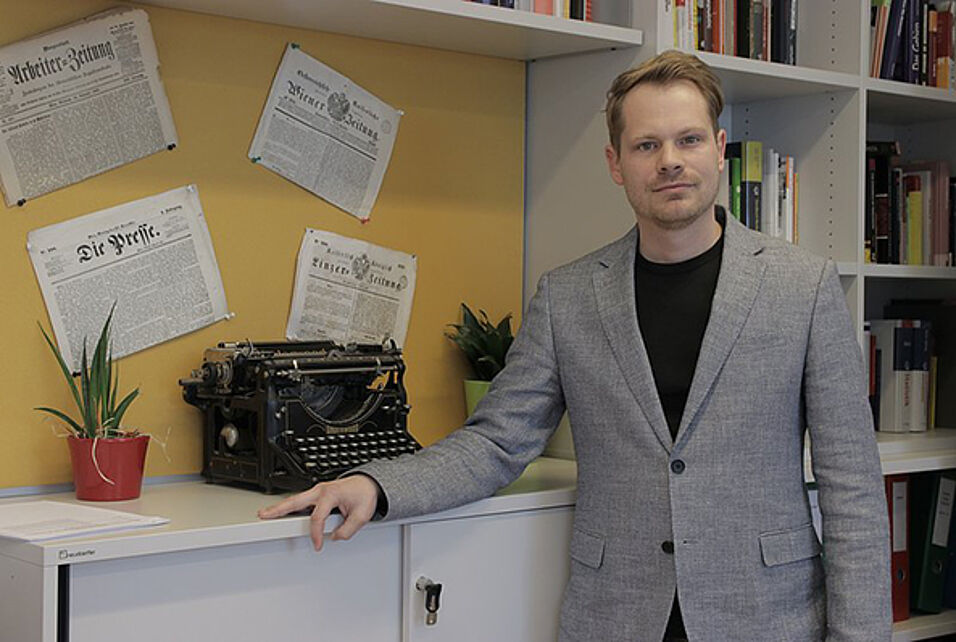Article by Adriana Sofia Palloks (✉ adriana.palloks@univie.ac.at)
In March 2020, the federal government passed several restrictions such as curfews, social distancing measures and cancelations of public events to combat the COVID-19 pandemic. These were intended to protect citizens from infection and to prevent the exhaustion of hospital capacities. While some of these government measures continue to be a part of everyday life, the question increasingly arises: what are the effects on people's mental health?
Communication scientists Florian Arendt, Antonia Markiewitz, Manina Mestas and Sebastian Scherr from the Universities of Vienna, Munich and Leuven conducted a study to examine the consequences of the first government responses to curb the pandemic in the spring of 2020 on the mental health of German and Austrian citizens, based on the use of crisis hotlines (telephone counselling services). The researchers analyzed the number of daily calls made to crisis hotlines and compared the data with the numbers of spring 2019. The rising number of calls was used as an indicator for public mental health. This indicator would show if stressors such as strict lockdown-measures elicit an increased strain on a given society's mental health. Notably, this is merely an indirect indicator, which is not able to measure direct effects on concepts such as depression, hopelessness or suicidality. Nevertheless, crisis hotline calls can be used as a basal indicator for stressors on a societal level, as literature shows.
The results show that the quantity of calls made to crisis hotlines in the spring of 2020 increased during the first nation-wide lockdown. The numbers substantially ascended particularly during the period when severe government measures were first introduced (curfews; travel restrictions; closing of retail stores, restaurants, schools and universities; cancellation of various events, etc.). The data from Austria further showed that the relaxation of government measures coincided with a descend in the number of crisis hotline calls in April. Relaxations instantly lead to a tendential return to a baseline number of crisis calls, without a lengthy delay.
As international studies show, severe measures have a positive, intended effect on the number of infections and therefore contribute to prevent the exhaustion of hospital capacities. Based on previously published evidence and the findings of the present study, the principal investigator Florian Arendt emphasizes that severe government measures are a threat to public's mental health. Therefore, "Governments and health officials are wise to thoroughly consider the tradeoff between the costs and benefits of specific severe measures". However, the results also show that "the negative effects may be dampened if the duration of such severe governmental restrictions is reduced to a minimum," according to Arendt's co-author Manina Mestas.
Publication details
Arendt, F., Markiewitz, A., Mestas, M., & Scherr, S. (2020). COVID-19 pandemic, government responses, and public mental health: Investigating consequences through crisis hotline calls in two countries. Social Science & Medicine, 265, 113532. doi:10.1016/j.socscimed.2020.113532



